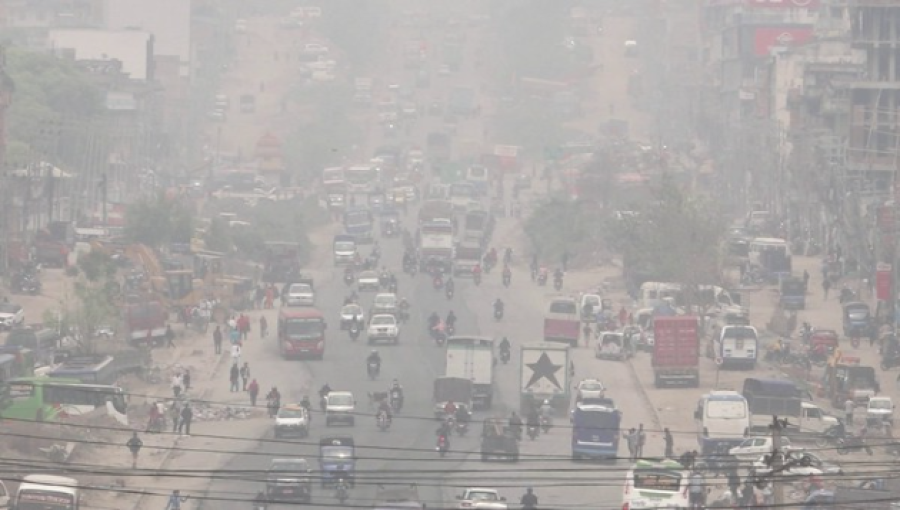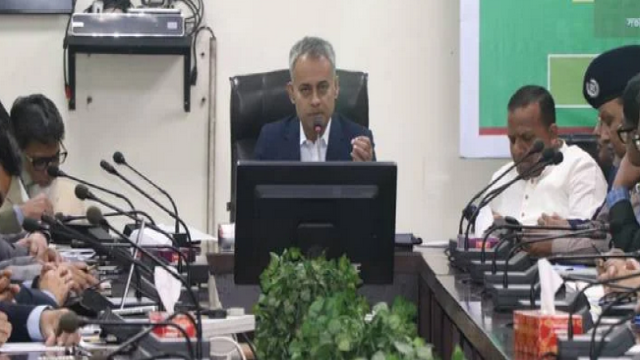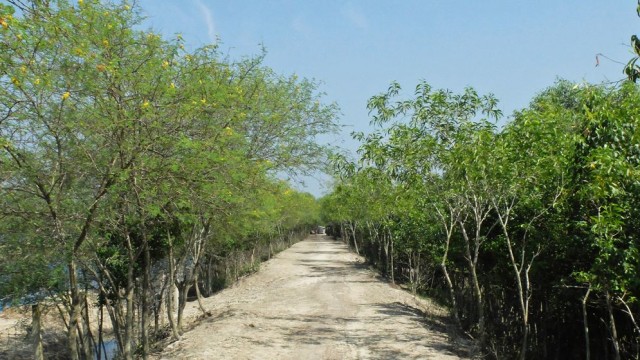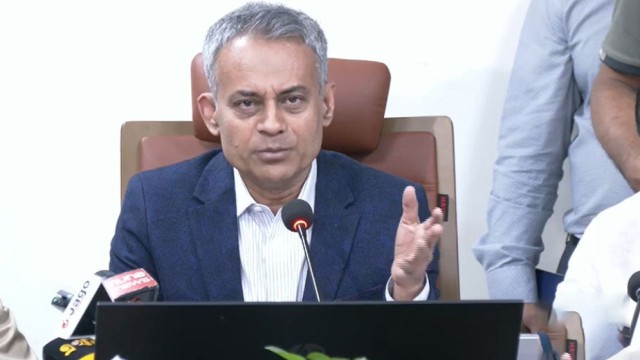Dhaka was listed as the third city in the world with the poorest air quality on Thursday (March 21th) morning. The air was still not good at 9 am with a score of 168 on the Air Quality Index.
An AQI between 101 and 200 is considered not good, especially for people who are sensitive to air quality. The top two places on the list were taken by Lahore in Pakistan and Kathmandu in Nepal, with air quality index scores of 207 and 171, respectively.
An Air Quality Index (AQI) ranging from 201 to 300 is described as 'poor', while a level of 301 to 400 is deemed 'hazardous', putting residents at serious health dangers.
In Bangladesh, the Air Quality Index (AQI) is determined by five main pollutants -- particles in the air (PM10 and PM2.5), nitrogen dioxide, carbon monoxide, sulfur dioxide, and ozone.
Dhaka has been dealing with air pollution problems for a long time. The air typically becomes poor in winter and gets better in the rainy season. Air pollution is always one of the leading causes of death and disability around the world.
Inhaling dirty air has been known to raise the risk of getting heart disease, long-term breathing problems, lung infections, and cancer, as shown by many research studies.
According to the World Health Organization (WHO), around seven million people globally die each year because of air pollution. This is mainly due to higher death rates from stroke, heart disease, lung problems, lung cancer, and respiratory infections.






























Comment: